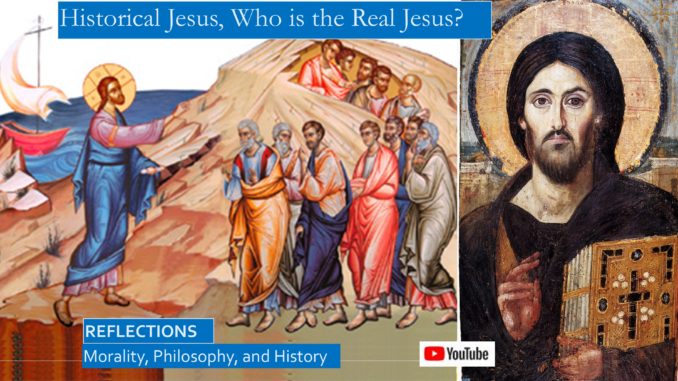
In this last blog we will review the views of the main Historical Jesus spokesmen, as summarized by Witherington. We should be thankful, for he read this stuff, so we don’t have to. We have footnoted the works of these various Historical Jesus scholars, you can search them out if you wish, but with the exception of Meier we provide no Amazon links to easily purchase these books.
THE JESUS OF CROSSAN, ITINERANT CYNIC PHILOSOPHER
The Jesus of John Crossan, according to Witherington, is like one of the earliest pictures of Jesus on a fourth century sarcophagus in Rome, where Jesus is sitting on a rock, like a Cynic philosopher, with long hair and beard, holding a papyrus roll in his left hand, gesturing with his right. There are some similarities between Jesus and the proto-typical Cynic philosopher, both loved to speak in aphorisms, both could speak boldly and bluntly. But Cynic philosophers showed no respect for authority, whereas Jesus sometimes would speak against the scribes and the Pharisees, he did respect authority, telling the lepers to present themselves to the priests after they were healed, saying to give to Caesar what is Caesar’s when asked if He should pay the tax. And Cynics, like Americans today, liked to be self-sufficient, whereas the Gospel exhorts us we are powerless and helpless before God.
Historical Jesus 1 http://www.seekingvirtueandwisdom.com/historical-jesus-blog-1-let-us-vote-on-what-jesus-really-said/
YouTube video for the Historical Jesus blogs: https://youtu.be/81TkRcaNfCM
YouTube scripts with book links: https://www.slideshare.net/BruceStrom1/historical-jjesus-who-is-t-he-real-jesus
Witherington’s main criticism is since Crossan ignores major portions of Scripture, especially Mark, producing a non-Jewish Jesus, a Jesus that does not deal with issues like Sabbath, marriage, divorce, or His impending Resurrection. What we have is the egalitarian Jesus who is not a true Cynic but rather a Jewish peasant Cynic, whatever that is, who especially likes children and the powerless.[1] Johnson criticizes Crossan for preferring the apocryphal Gospel of Peter with its talking cross and the dubious Secret Gospel of Mark over the canonical sources. The Jesus of Crossan does not judge us, does not call us to repentance, does not call us to forgiveness, indeed, his Jesus does not even talk much about God, his Jesus is not even the Jesus of the Resurrection.[2]
The table of contents in Crossan’s main work shows Jesus to be a Sixties sort of guy, as can be seen by chapters titled like: Peasant and Protester, Magician and Prophet, Bandit and Messiah, and Rebel and Revolutionary. Some of his introductory background material on slavery and poverty and society in the Roman world is interesting, if you can safely ignore his chopping apart and rearranging Scripture.[3]
THE JESUS OF BORG, MAN OF THE SPIRIT
Witherington notes that a “clear trend among Third Questers (of the historical Jesus) is to deemphasize the eschatological nature of Jesus and his message.” This is particularly true of Borg. Witherington asks, “Is this an attempt to salvage a Jesus to whom moderns can relate?” Borg imagines that even if Jesus did mention Himself as the Son of Man, this was not meant to be eschatological; Borg posits that the clearly eschatological references to Jesus were inserted into Scriptures by early church leaders. The Jesus of Borg is a mystic who experiences reality from another level of spiritual reality, and is the conduit through which this power of God or spirit flows into the lives of more mundane people. In addition the Jesus of Borg is the subversive sage and a radical social prophet who rebelled against the system of his day, another very Sixties sort of guy, but in more with the spirit. The Jesus of Borg protests against the purity laws because it causes conflicts between Jews and Gentiles. The Jesus of Borg is compassionate, but the Jesus of Borg cannot imagine himself to be the Messiah, the Son of God.[4]
Johnson notes that the Jesus of Borg wants to recast the Jesus, divine Son of God, into a more historically correct Jesus, who as a Sixties sort of guy could not have been incarnated to die for the sins of the world on the cross. How can we prove that? How unhistorical! Instead, Borg wants “to build faith through critical history.” How this human vision of the Jesus of Borg can become our new vision for faith is not entirely explained by Borg is puzzling. What sort of faith is this? It is a faith where the “politics of holiness” are replaced by the “politics of compassion.” In short, the Jesus of Borg is the Jesus who would be comfortable in any university faculty lounge.[5]
As with Crossan’s book, as I read the chapter titles of Borg’s main book, Meeting Jesus Again for the First Time, I ask myself, should I be reading this stuff? Some of the chapters remind us Jesus, the Sixties guy. The titles include Jesus, Compassion and Politics, and Jesus and Wisdom: Teacher of Alternative Wisdom. Like Crossan’s book I prefer reading the sections that say who they think Jesus is, even if is a partial picture, but the sections that judge who Jesus is not are more heretical.[6]
EHRMAN THE AGNOSTIC ON JESUS
Neither Johnson nor Witherington mention Ehrman in their books on the historical Jesus movement, so he is a relative latecomer to the historical Jesus movement. As one of the top ten lecturers in number of titles for the Teaching Company, he as a wide audience for his courses and books. Unfortunately, Ehrman is one of the top textual criticism scholars in the US, as you can surmise from his list of published titles. Unfortunate, because he is an agnostic, an unbeliever reacting against his fundamentalist roots. Ehrman does not chop up the Scriptures, he has more respect for the text than Borg or Crossan. Rather, Ehrman is guilty of slandering Scripture, putting a conspiratorial spin on his interpretations solely so he can sell more books.
For example, in a lecture on pseudonymity Ehrman explains that in the ancient world sometimes a student would pen a work in the name of his teacher as a sign of humility, but then he takes a leap and says not all acts of deception were good! He precedes this observation by calling people who write in another’s name forgers. Then he says the Timothy Epistles were assuredly not written by Paul, leading the reader to make the leap that these were forgeries or frauds.[7] His series of lectures on “The Greatest Controversies of Early Christian History” include topics like Was Jesus Married? Was Pontius Pilate a Secret Christian? Does the New Testament Contain Forgeries?[8] These lectures are for entertainment but instead lead many to damnation.
Aside from his slanders, Ehrman has some intellectual integrity, he does not try to deny that Jesus was baptized by John, nor does he try to deny that Jesus was crucified, he has written against the heretical Da Vinci Code book, although whether this was out of outrage or a desire to sell more books is hard to say.
MEIER’S STUDY OF JESUS: MARGINAL JEW OR JEWISH MESSIAH
We will not be talking about the Jesus of Meier because he respects the Tradition of the Church. Witherington credits Meier’s work with “caution and careful, detailed argumentation.” Unlike many other modern scholars, Meier does not dismiss the spiritual Gospel of John as a source of historical data about Jesus. Like the other historical Jesus scholars, Meier uses criteria to sift through the Gospel material, but he does not use the criteria to discard material, and he uses the criteria more conservatively. Most importantly, Meier sees the resurrection as a happening in the spiritual realm rather than the historical realm, but that this does not disprove the resurrection. It is still very real to the believer. Like Johnson, he distinguishes between the historical Jesus and the real Jesus, the Jesus of faith, Jesus who is truly the Son of God.[9]
Johnson is complimentary of Meier’s work, as Johnson also likes to make the distinction between the real Jesus and the historical Jesus. Johnson likes Meier because he prefers the canonical sources because the extracanonical sources offer little authentic knowledge that is not in the canonical sources. Johnson writes, “Meier’s treatment is as solid and moderate and pious as historical Jesus scholarship is every likely to be.” Meier is not embarrassed about the eschatological Jesus, he is not embarrassed about a Jesus who works miracles, he is not embarrassed about the Jesus who is resurrected from the dead, ascending to Heaven to be on the right hand of God. Meier is not embarrassed by the Jesus of faith. Johnson examines Meier’s more conservative use of the criteria of authenticity, and notes how subjective and slippery they can be even when applied by a careful scholar.[10]
So, who is this historical Jesus Meier describes in the New Jerome Biblical Commentary, endorsed by the Catholic Church? Meier writes, “the ‘Jesus of history’ is a modern theoretical reconstruction – a fragmentary, tentative portrait painted by modern scholars – and is not to be identified with the full reality of the Jesus who actually lived in the First Century AD.” Although the canonical Gospels are our main historical sources, they do not aim to depict the Jesus of history. Meier’s well thought out commentary contains many interesting insights, like the term Abba, Our Father, was probably offensive to pious Jews in ancient Palestine. Meier is not quick to announce that big chunks of tradition are suddenly irrelevant and should be ignored.
However, there is still much in Meier that would disturb Orthodox readers. Although he is not as aggressive as other historical Jesus scholars, he does regard certain sayings of Jesus as inauthentic. He makes the startling announcement that Jesus did not use the word ‘love’ often in His authentic sayings. Jesus’ rebuke to Peter, Get behind me, Satan, Meier thinks was created by the early church. Meier cautions that some of the prophecies Jesus made about his crucifixion are probably “retrojected into the life of Jesus.” Then Meier backtracks and writes, “This is not to say that such sayings are necessarily later creations; the exclusion is a tactical one, to isolate data that are reliable as possible.”[11] If you say a saying is inauthentic historically, but then say it may be authentic spiritually, you are still casting doubt on the validity of the Scriptures. So even Meier falls short of the necessity of building up Scripture rather than tearing it down.
JOHNSON ON THE JESUS OF HISTORY
Luke Timothy Johnson, whose book the Real Jesus we have been quoting from, is a former Benedictine monk who left the religious life to marry and teach biblical studies in a university setting. As he explains in his Teaching Company courses on St Paul and the Gospels, he originally taught using the standard historical-critical methods, but after some semesters the standard scholarly explanations did not make as much sense to him when he had to explain them to his students. Johnson has more respect for the traditional interpretations of Scripture than most historical-critical scholars.
For example, scholars have long debated that Paul was not the author of Timothy. But while admitting that Timothy was probably written later than the other Pauline Epistles, Johnson tries to find a theory that preserves the traditional Pauline authorship, that maybe late in his career Paul had several associates write letters to communities under his direction, which he then signs.[12] Another example is his treatment of the story where Jesus is writing in the sand, asking that whoever is without sin should cast the first stone against the adulterous woman, which is missing from several older manuscripts of John. Most modern scholars say this story was added much later and is not an authentic Jesus story. Johnson instead poses the theory that it is a valid oral tradition of Jesus that eventually found its home in John.[13]
CONCLUSION
The problem with theology, psychology, philosophy, and history, is that often we learn as much about the highly gifted author as we learn about the underlying truths he is discussing. When the author first appeals to tradition in humility this tendency is less problematic. When the theologian is sufficiently arrogant to decide to chop up Scripture, discarding part, keeping the parts he like, as with Crossan and Borg in the historical Jesus movement, this tendency is extreme, truly resulting in a reconstructed Jesus of Crossan and a Jesus of Borg. Christianity is not nearly as threatening when you can construct the Jesus you like, but with the loss of accountability flees the Holy Spirit, gone like the wind.
After pondering the matter, I agree with Beck that the historical Jesus movement is indeed a blatant betrayal of the biblical witness. Even reading Meier is unsettling as he tries to determine which sayings of Jesus are historically inauthentic, though he feels they are still spiritually authentic. The problem once you label a passage as historically inauthentic the tendency is to ignore it altogether if it does not fit in with your personal definition of morality. You cannot bifurcate authenticity without moral hazard. Indeed, the real problem is with the historical-critical method that gave birth to the historical Jesus movement. Should we read Scripture critically? Or should we rather be critical of ourselves as we read Scripture?
We cannot deny that the interpretation of Scripture has changed over the millennia. We do not deny that the Holy Scriptures were inspired by the Holy Spirit, but we should also realized that the traditions of the Church and the evolving transmission of the Gospels over the millennia have also been inspired by the Holy Spirit.
Of all the historical scholars we have reviewed only Johnson should be studied. Rather than being critical and making Scriptures prove themselves, he uses historical methods to try to show plausibility in the historical world the Scriptures are set in. Johnson believes Scriptures were not written to depict history, they were not written to develop a coherent theological system, the Holy Scriptures are pastoral writings, written so the Lost Sheep can find their way back to the Good Shepherd and live a godly life.
[1] Ben Witherington III, The Jesus Quest, The Third Search for the Jew of Nazareth, 2nd Edition (IVP Academic, Downers Grove, Illinois: 1997), 58-69.
[2] Luke Timothy Johnson, The Real Jesus (New York, HarperCollins Publishing: 1997), 44-50.
[3] John Dominic Crossan, The Historical Jesus, The Life of a Mediterranean Jewish Peasant (HarperCollins, New York: 1992).
[4] Witherington, The Jesus Quest, 93-102.
[5] Johnson, The Real Jesus, 39-44.
[6] Marcus J Borg, Meeting Jesus Again for the First Time, The Historical Jesus & The Heart of Contemporary Faith (HarperOne, New York: 1994).
[7] Bart Ehrman, The History of the Bible, The Making of the New Testament Canon, Lecture Four, The Problem of Pseudonymity, The Teaching Company, 2005.
[8] Bart Ehrman, The Greatest Controversies of Early Christian History, The Teaching Company.
[9] Witherington, The Jesus Quest, 197-213.
[10] The Real Jesus, on Meier
[11] John P Meier, Jesus, in the New Jerome Biblical Commentary (Upper Saddle River, NJ: Prentice Hall, 1990), 1316-1328.
[12] Luke Timothy Johnson, The Apostle Paul, The Teaching Company, 2001.
[13] Luke Timothy Johnson, Jesus and the Gospels, The Teaching Company, 2004.

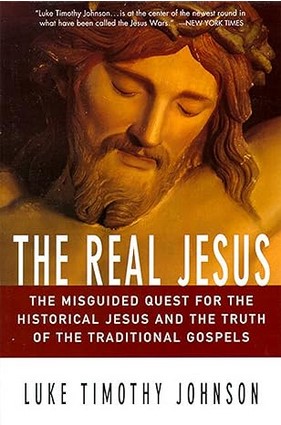
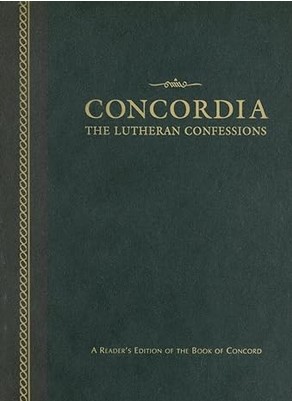
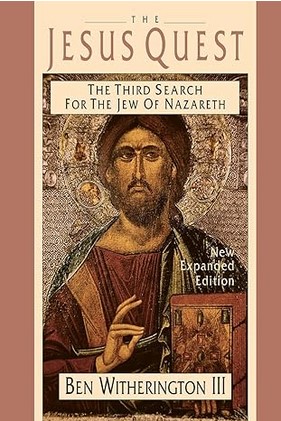
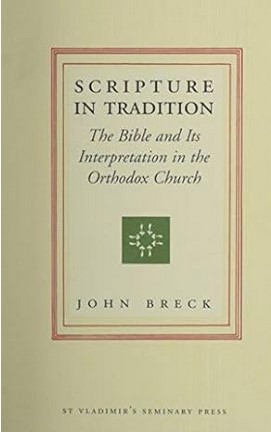

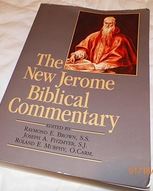
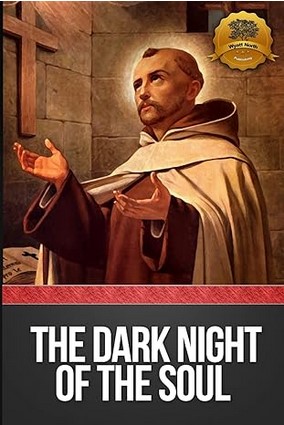
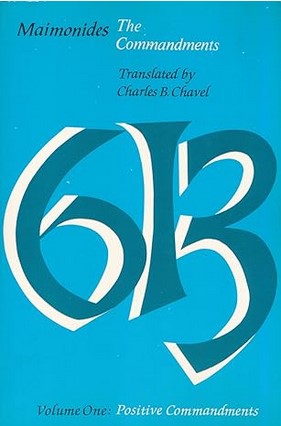

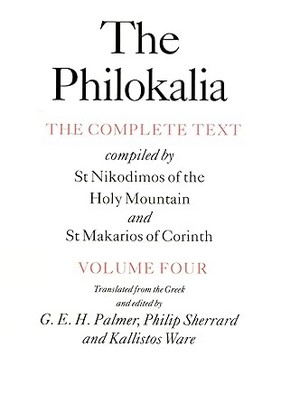
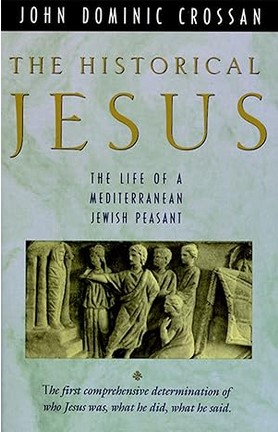
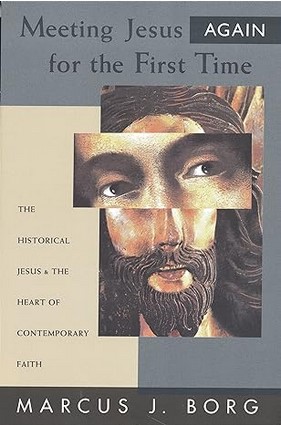
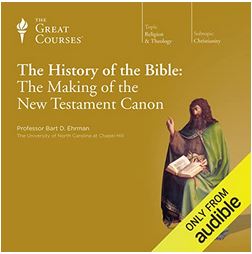
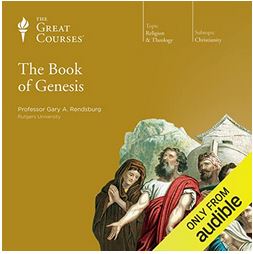

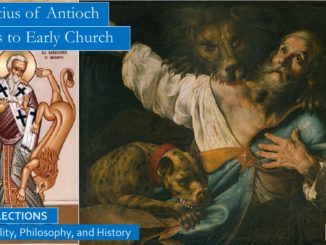
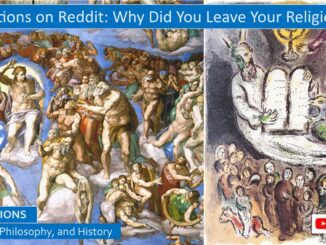

1 Trackback / Pingback